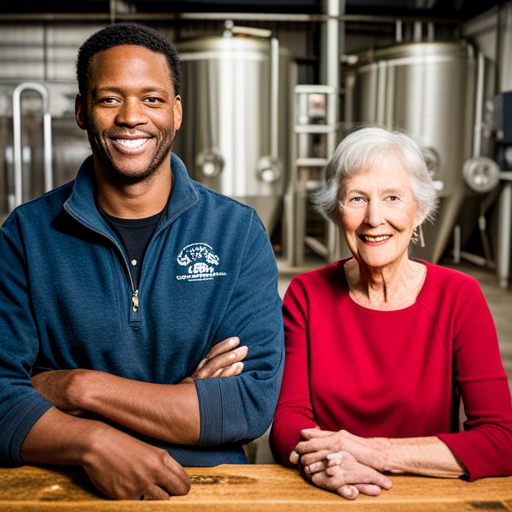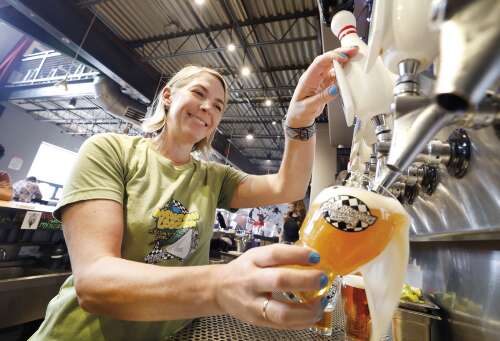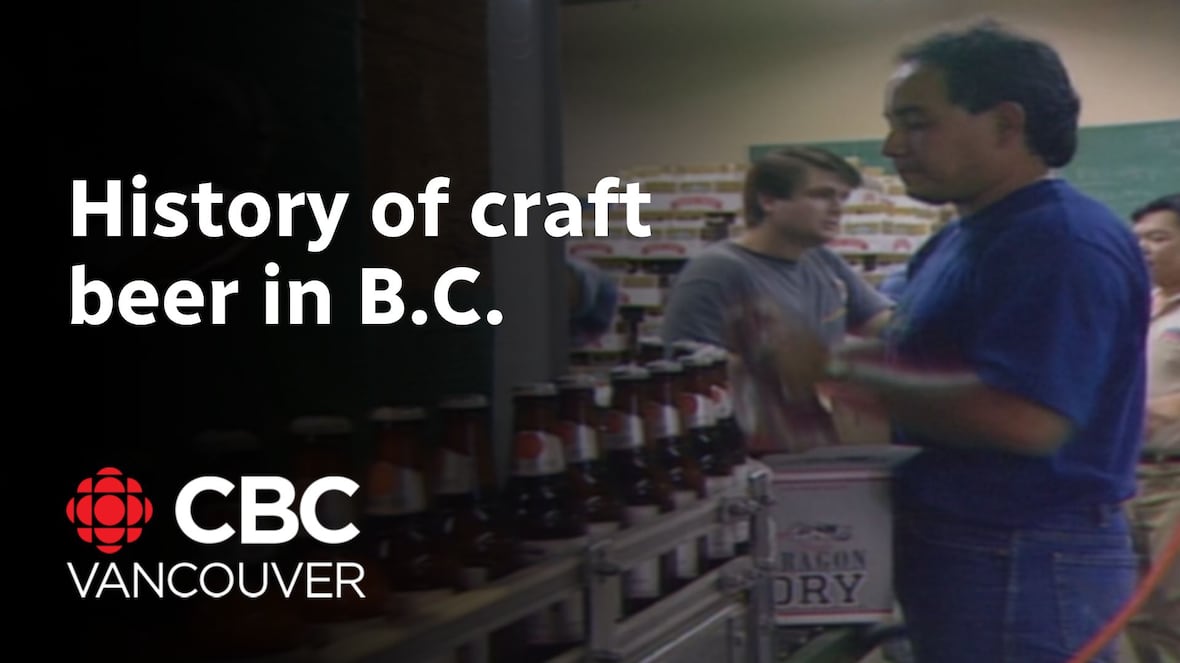The Rise of Craft Breweries and its Impact on Communities
The past decade has seen the emergence of craft breweries across the world, satisfying the thirst of beer enthusiasts with unique and often experimental flavors. These microbreweries have not only redefined the beer industry but also brought social and economic benefits to communities where they operate. In this article, we highlight three breweries that are making a difference in their communities beyond just serving great beer.
1. New Belgium Brewery, Fort Collins, Colorado
New Belgium Brewery is not just another brewery; it is a Certified B Corporation that strives to be a force for good in society. Started in 1991 in the basement of their co-founder’s house, the company has since grown into an industry leader in sustainable practices. They operate on 100% renewable electricity, recycle or compost 99.9% of their waste, and have reduced their carbon footprint to 83% below the industry average. But their impact goes beyond the environment.
New Belgium Brewery is committed to supporting their community with several initiatives. Their Bike-In Cinema Series, a free monthly outdoor movie event, is a hit among locals and visitors alike. They also organize a Tour de Fat event, a bike parade and party to raise funds for local non-profits. Over the years, New Belgium Brewery has donated more than $26 million to charitable causes and consistently ranks among the top companies in employee satisfaction.
2. Deschutes Brewery, Bend, Oregon
Deschutes Brewery is another craft brewery that values community involvement and sustainability. Their pub in Bend, Oregon, is a popular hangout spot for locals, tourists, and even dogs. Yes, you heard that right! Deschutes Brewery is known for its dog-friendly tasting room and pub that even offer “doggie beers” made of water and malted barley.
Deschutes Brewery is also committed to sustainable practices. They are a leader in water conservation and have reduced their water usage by 24% since 2015. They also collaborate with local farmers to repurpose their spent grain for animal feed and donate their spent hops to local composting programs.
But their impact on the community goes beyond the environment. Their Street Pub event, a one-day pop-up pub that showcases local brews, food, and music, raises funds for local charities. Deschutes Brewery has donated over $2 million to local causes and encourages their employees to volunteer with non-profits during work hours.
3. Harpoon Brewery, Boston, Massachusetts
Harpoon Brewery operates two locations, one in Boston, Massachusetts, and the other in Windsor, Vermont. They are known for their great beer, but also for their philanthropic efforts and community involvement. Their “100 Barrel Series,” a program that allows their brewers to experiment with new flavors and styles, has raised over $200,000 for charities since its inception.
Harpoon Brewery’s efforts to support their community extend beyond charitable donations. They offer a Community Pint Night program, during which $1 from every pint sold is donated to a local non-profit organization. They also support local agriculture by using locally sourced grains and partnering with local farmers to repurpose their spent grain.
Harpoon Brewery’s commitment to social responsibility has earned them several accolades, including being named the first US brewery to become a “Certified Benefit Corporation.”
Conclusion
Craft breweries are more than just places that sell beer. They are community hubs that promote social and environmental sustainability, support local businesses, and encourage philanthropy. The three breweries highlighted in this article are just a few examples of how microbreweries can make a positive impact on their communities beyond just serving great beer.






